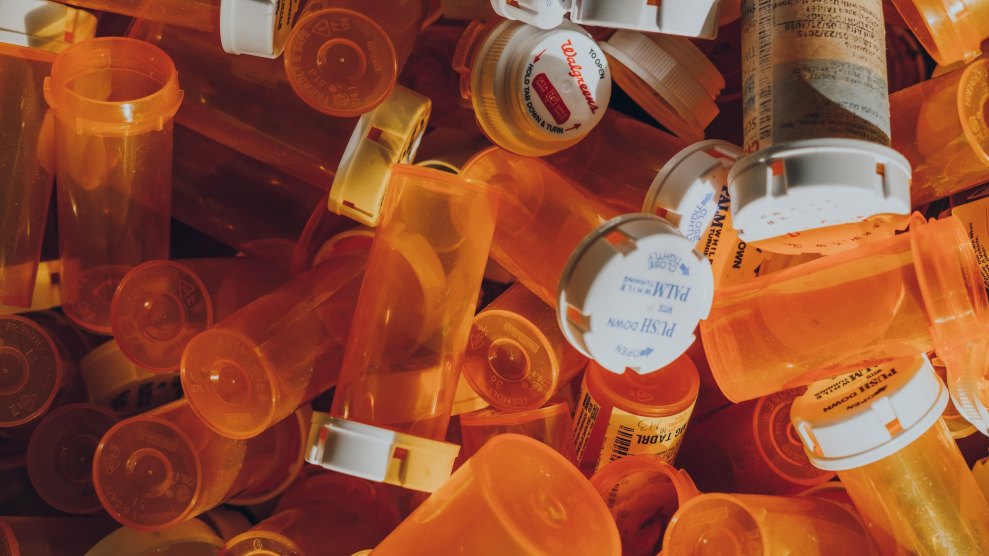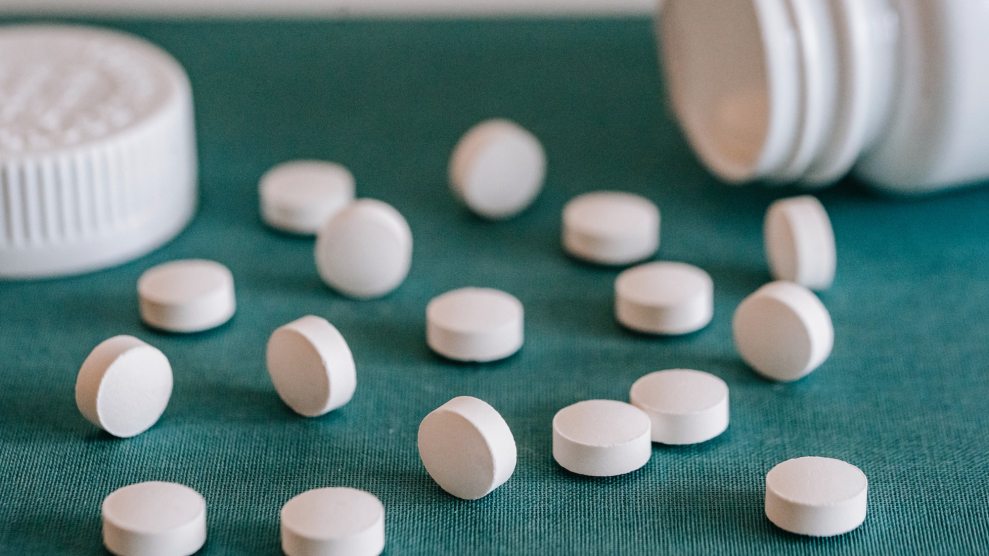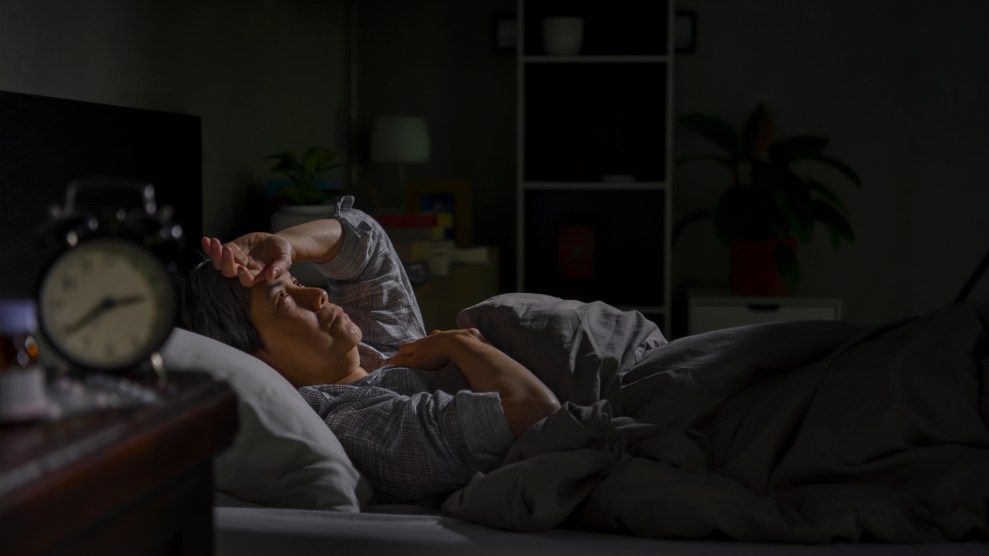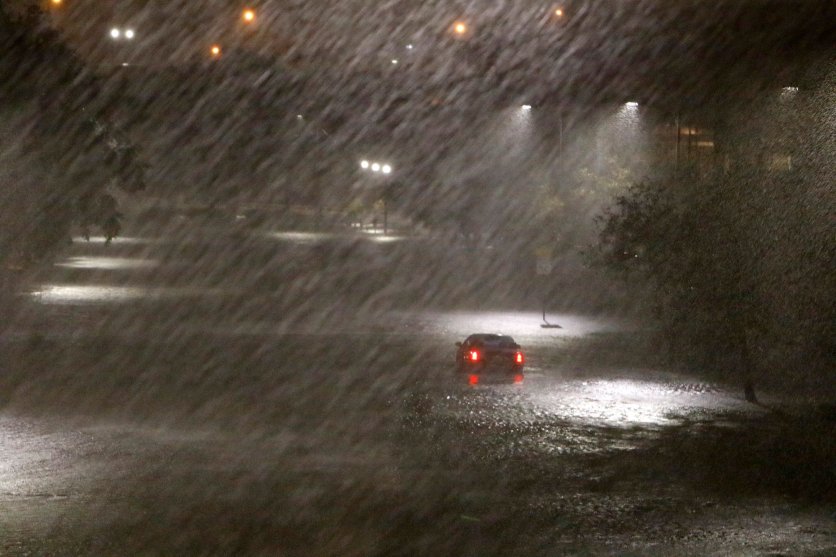
Haley Lawrence/Unsplash
After Hurricane Ida hit Baton Rouge, Louisiana, in September 2021, pharmacy lines and wait times started to grow. At the height of the storm, many pharmacies closed; in the aftermath, some had limited hours, in part due to understaffing. Pharmacies, both large chains and independents, had been struck by the climate crisis.
“We’re getting a lot of patients with their bottles saying no phones are being answered” at chain pharmacies, a local pharmacist told the Baton Rouge–based Advocate at the time.
At a minimum, pharmacy issues in climate disasters—a growing concern within the wider climate-infrastructure crisis—can be burdensome. They can just as easily be dangerous. For many people with chronic health conditions like lupus, asthma, HIV/AIDS, or cardiovascular disease, prescription medications are absolute necessities. Deprived of access, especially in extreme heat or disaster conditions, they risk life-threatening symptoms. With controlled drugs, typically restricted to a 30-day supply, advance preparation is even more challenging. Worsening and more frequent climate disasters mean pharmacies need better infrastructure and logistics to prevent illness, injury, and death.
There aren’t many avenues for medical support in climate disasters. One that does exist is FEMA’s emergency prescription assistance program, which covers costs of prescription drugs and medical supplies for people without health insurance in federal disaster areas. But there have been valuable steps at the state level: In Florida, notably, pharmacists can refill non-controlled prescriptions early if a state of emergency is declared for a hurricane.
“Florida’s disaster prescription system has emerged as a potential model for other states to emulate, showcasing a proactive approach to disaster preparedness and response,” Jacksonville University professor and disaster law scholar Latisha Nixon-Jones told me.
A recent review by researchers at the University of California, San Francisco, looked at challenges domestic pharmacies faced after climate disasters between 2012 and 2022: among others, medication shortages, closures, increased costs, and difficulty getting new prescriptions from doctors. People who live in “pharmacy deserts” are disproportionately harmed. Research also indicates that Black and Latino people are more likely to live in pharmacy deserts.
Disaster-driven medication shortages don’t just affect the immediate area. Millions of Americans outside disaster areas rely on delicate, easily disrupted medical supply chains, an outgrowth of poor infrastructure and Big Pharma profit margins. For months after Hurricane Maria hit Puerto Rico in 2017, people across the mainland United States still struggled to get their medication, due to damage to manufacturing plants.
Puerto Rico encapsulates the crisis: it produces at least a tenth of US prescription drugs—more than half of the 10 most widely prescribed ones—and hosts 12 of the world’s 20 largest pharmaceutical manufacturers. It supplies other medical essentials, like IV fluids. But storms on the island are becoming more severe, more frequent, and less predictable; at this rate, EPA experts expect its sea level to rise by one to three feet.


















